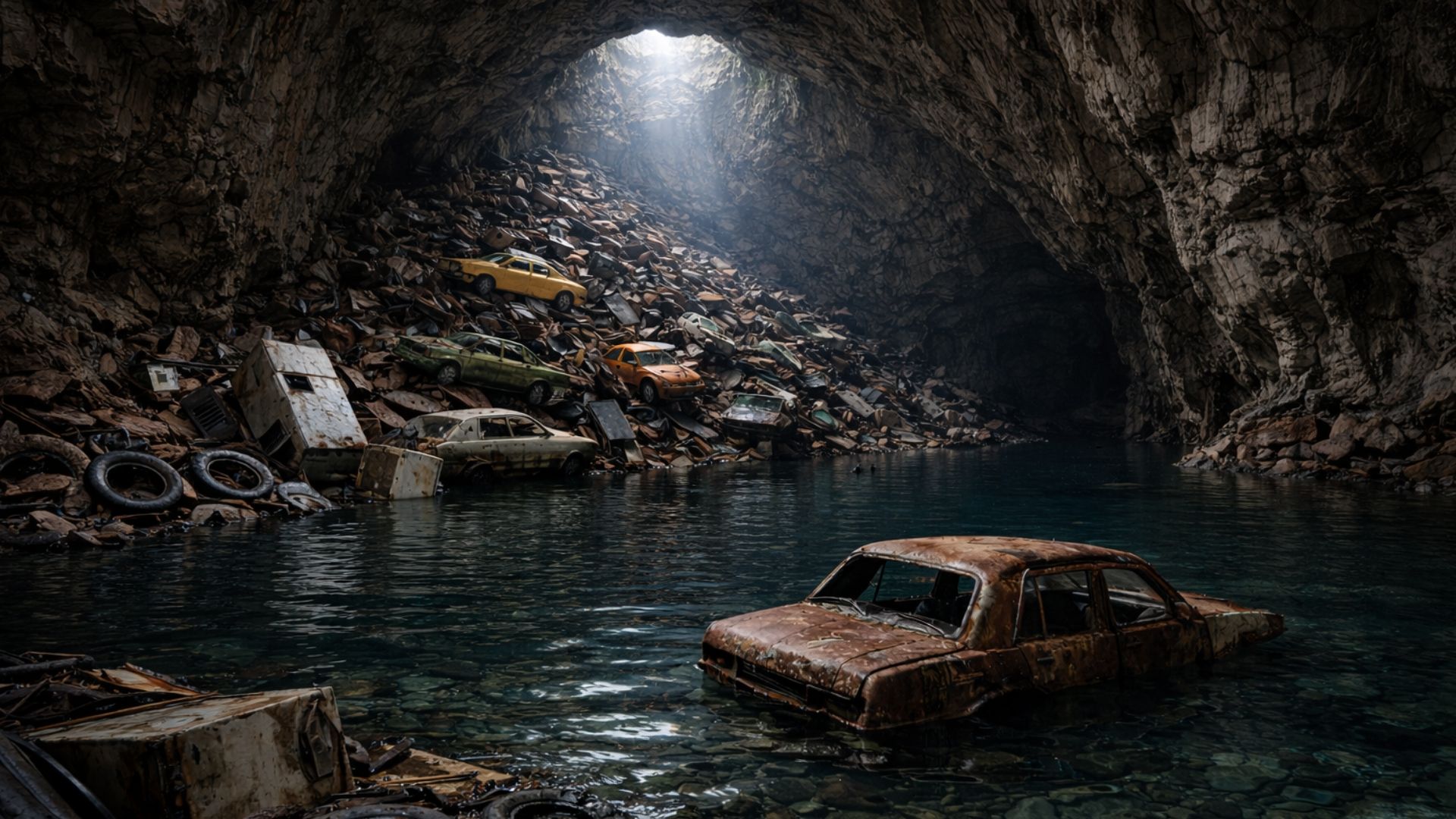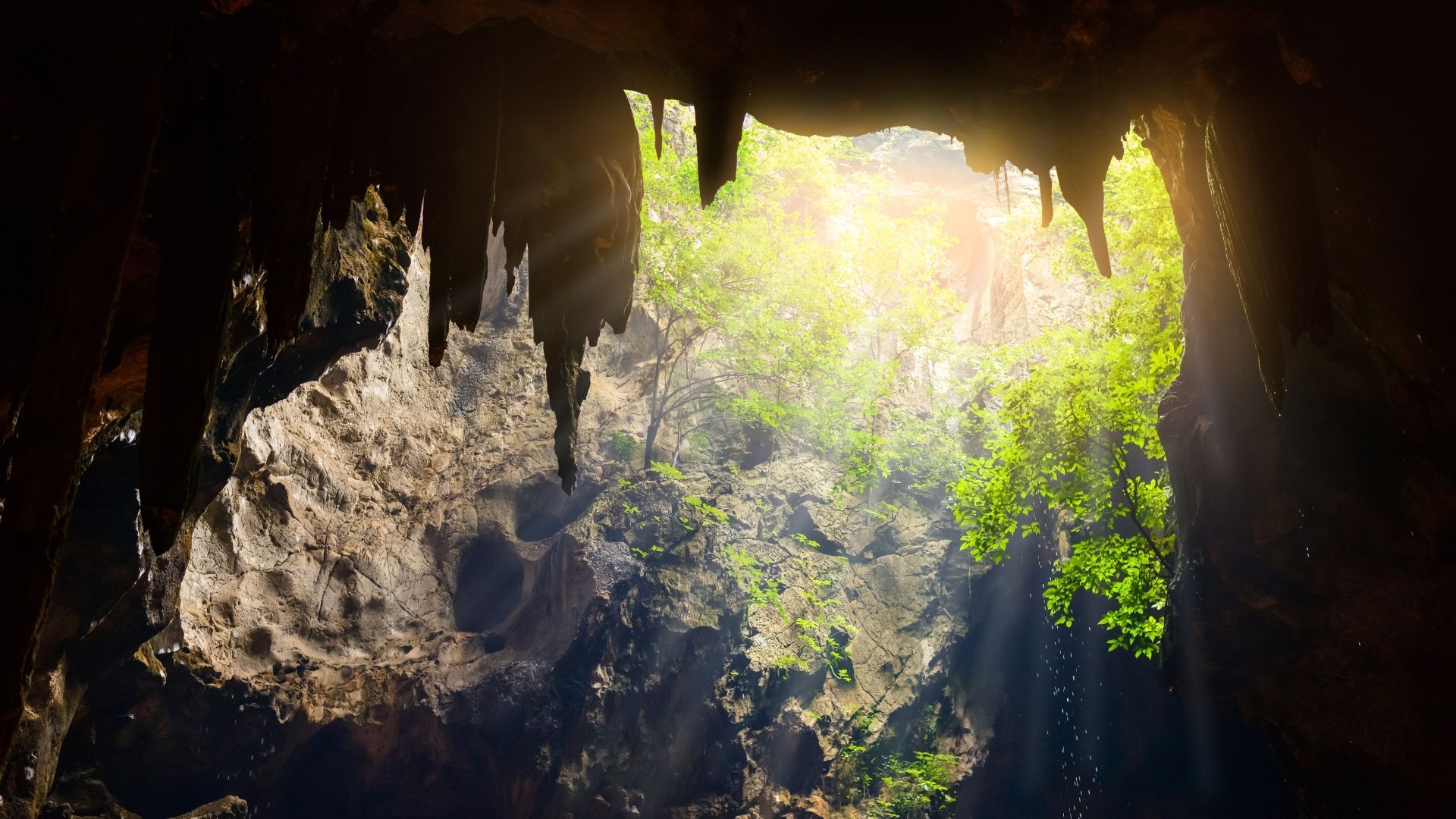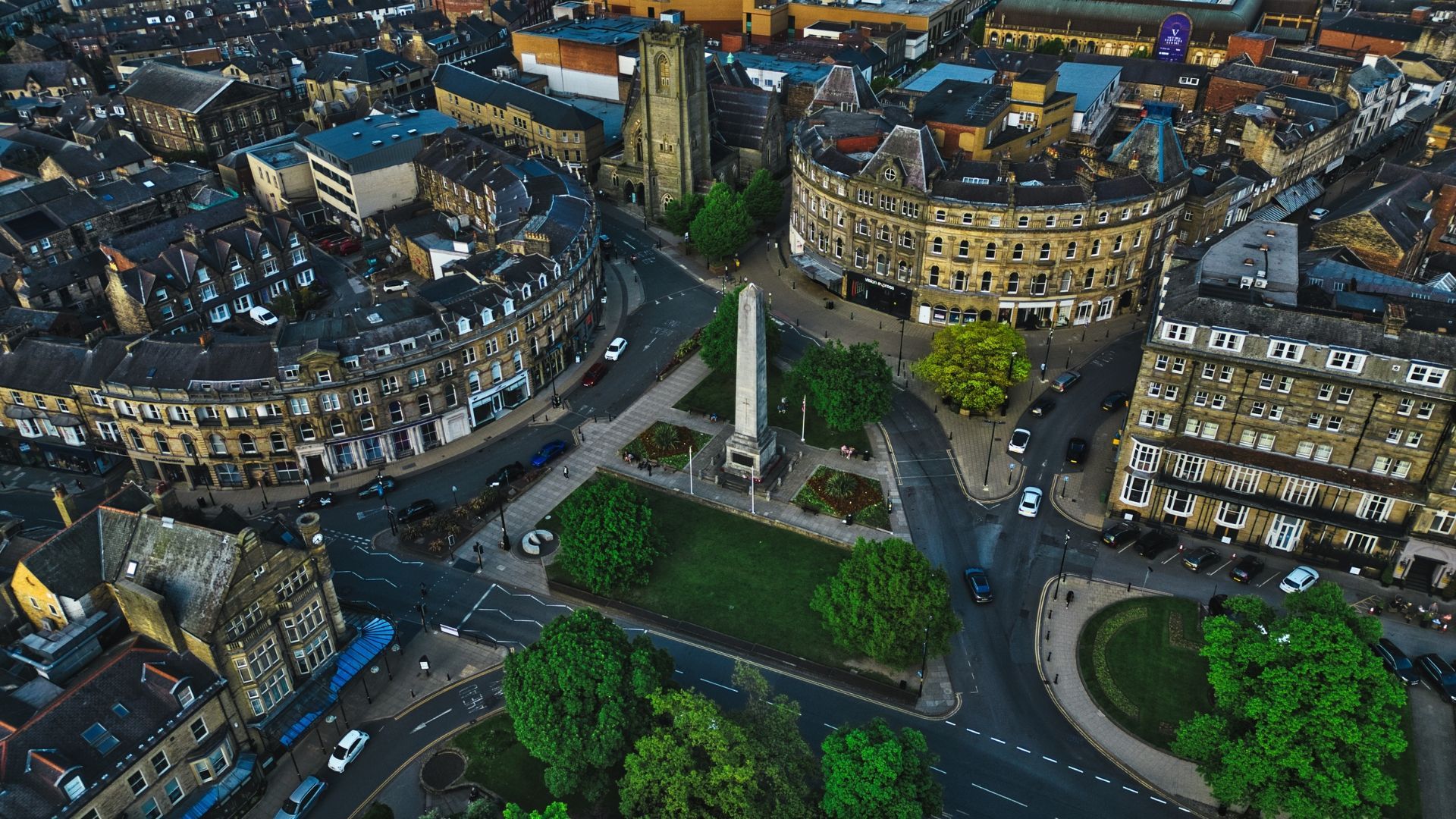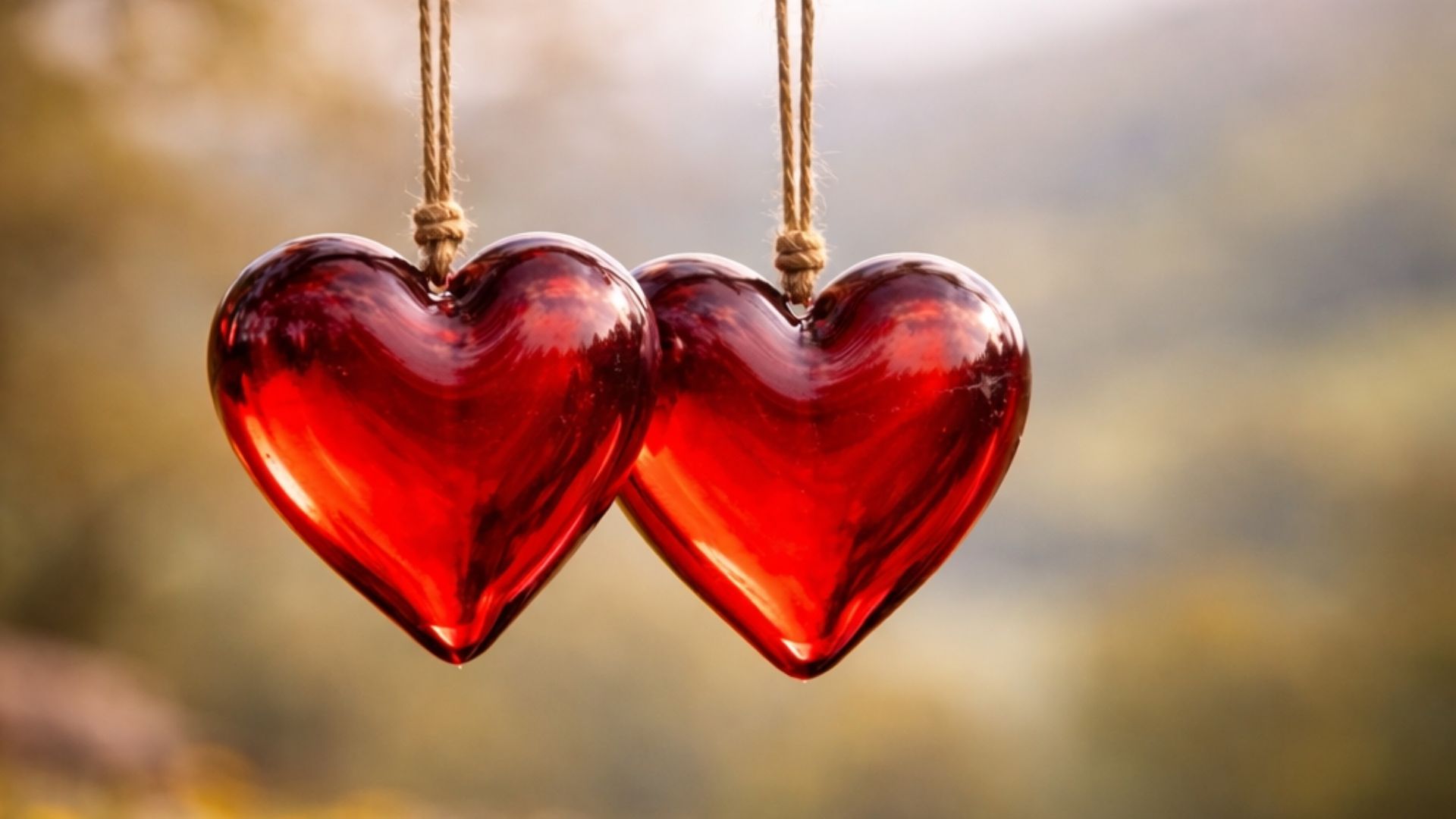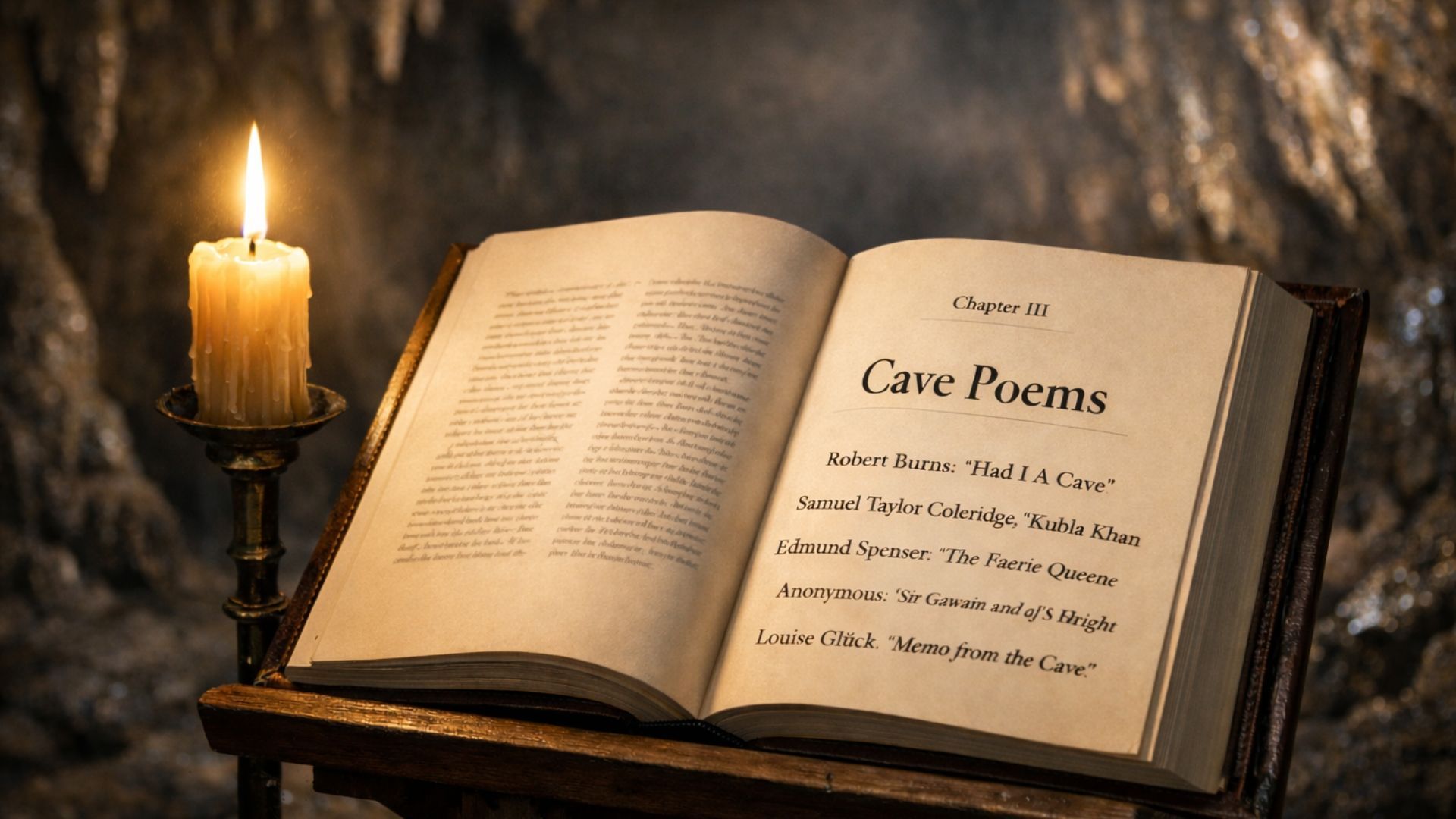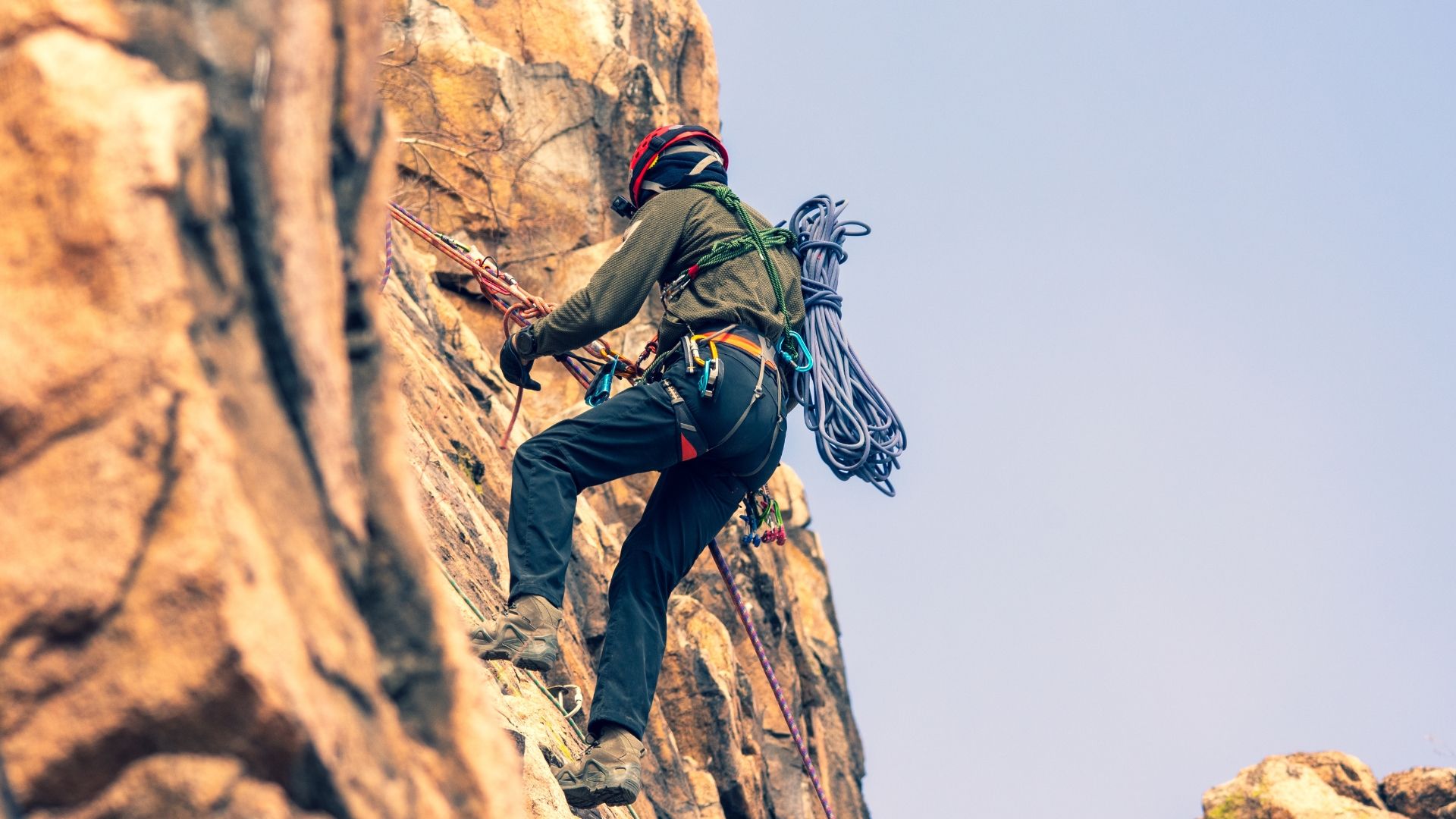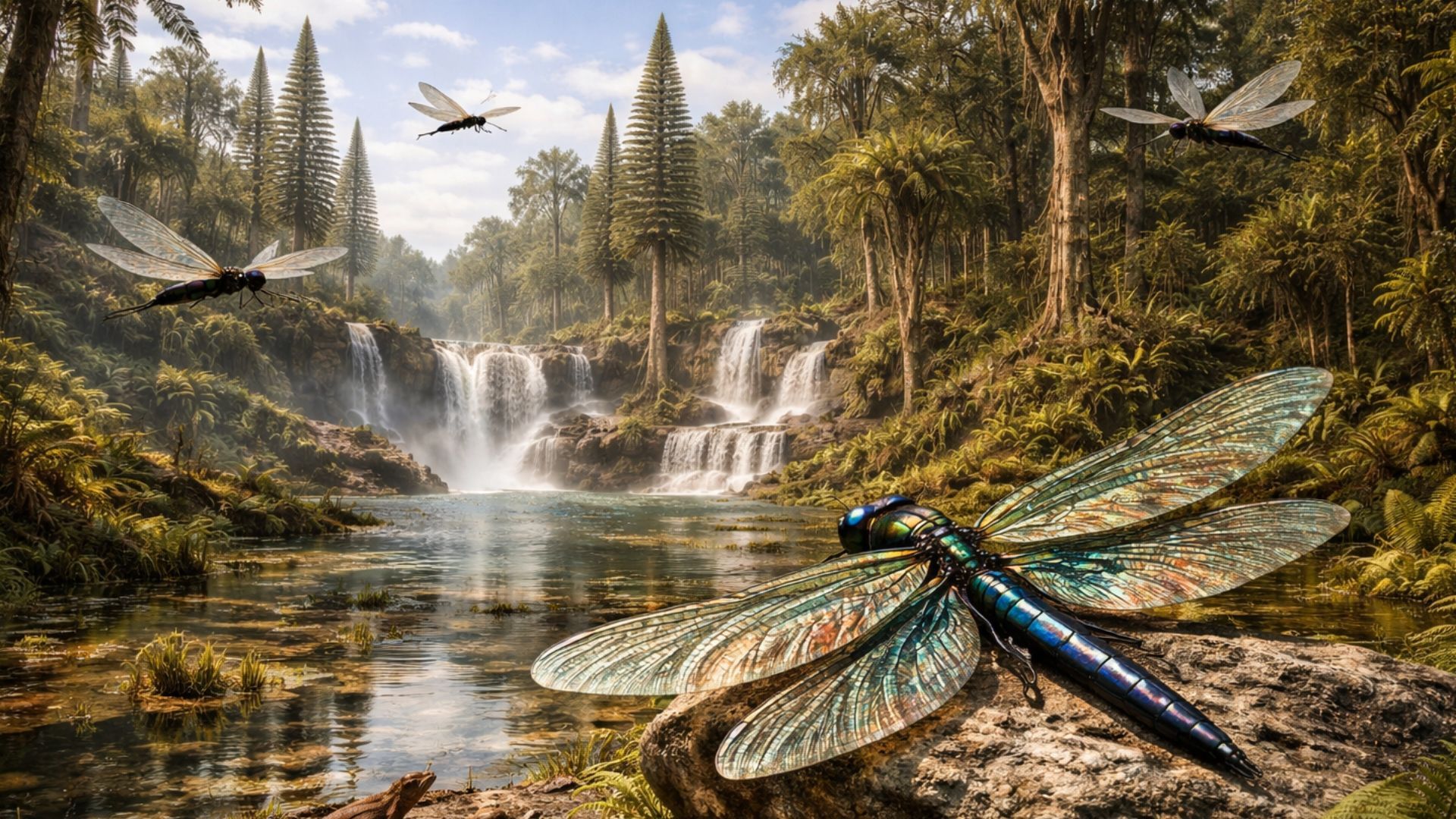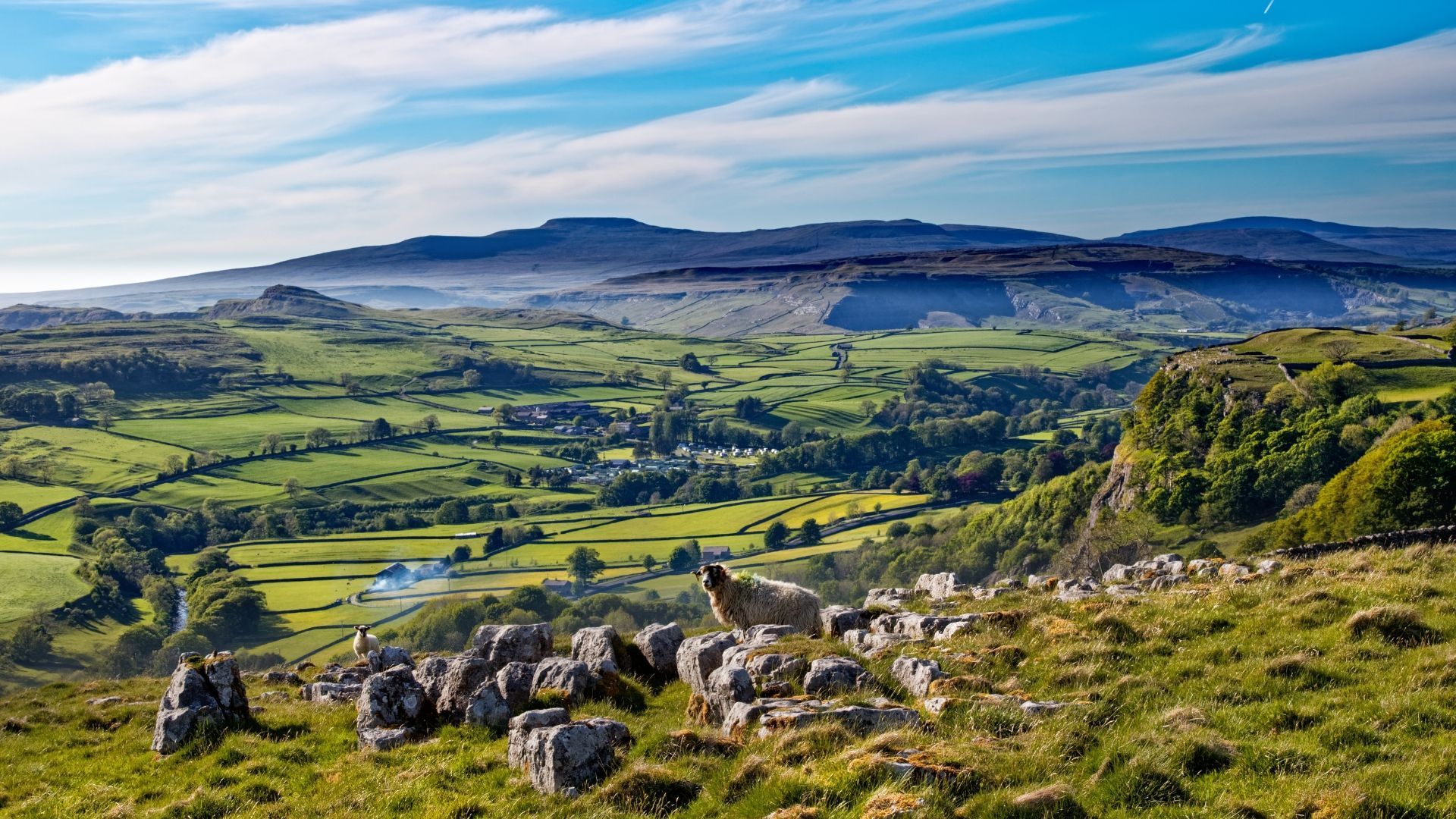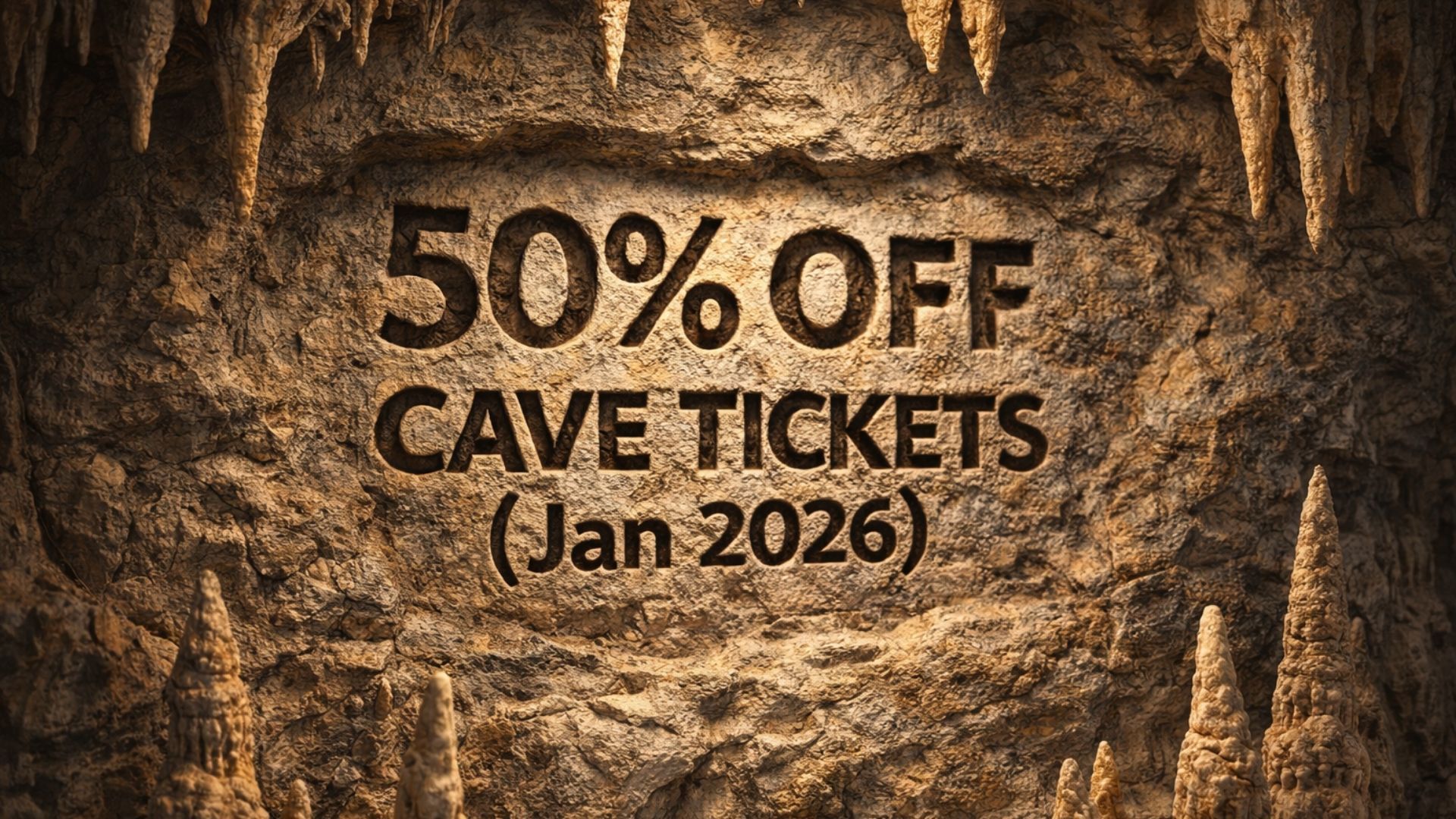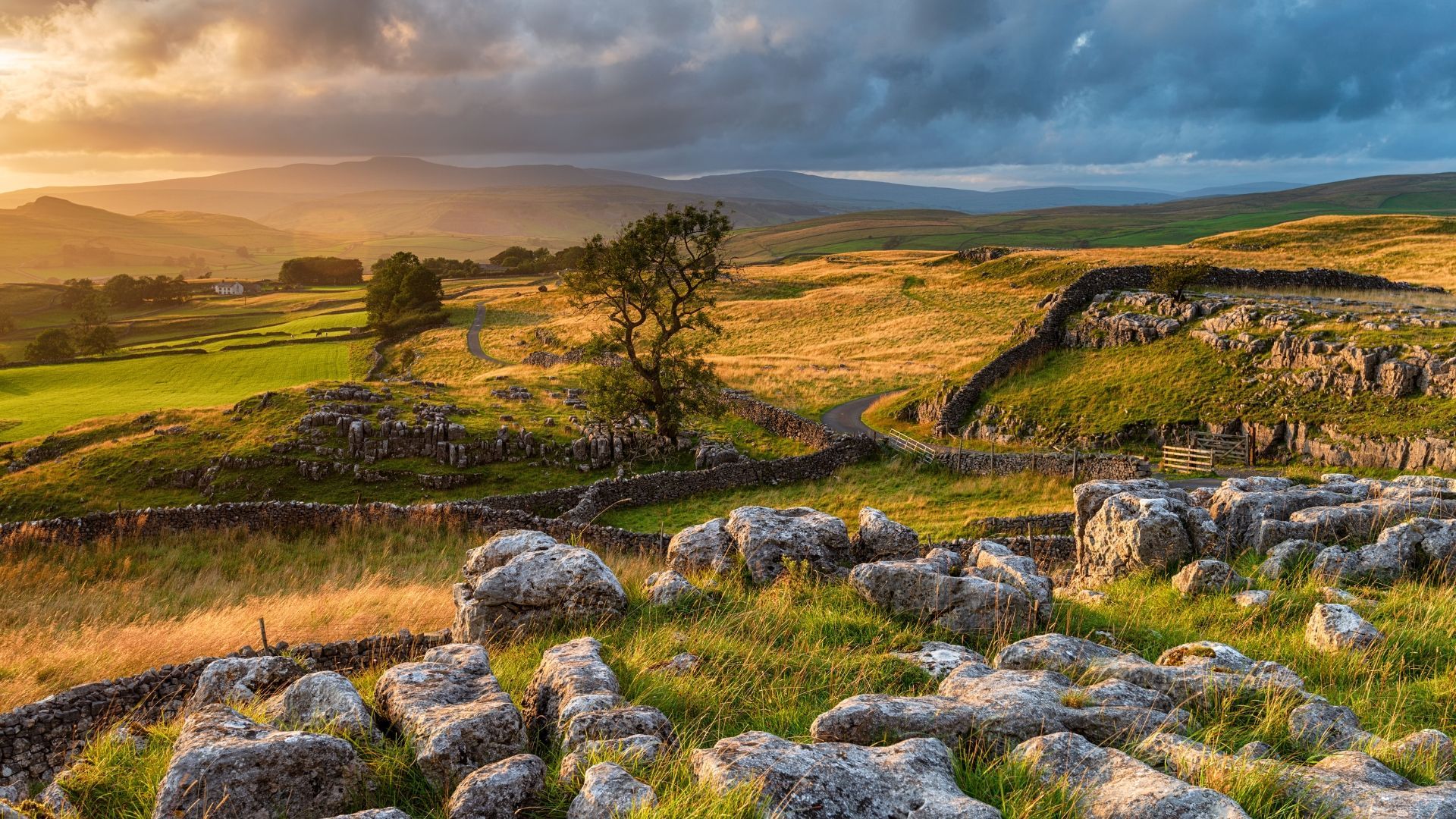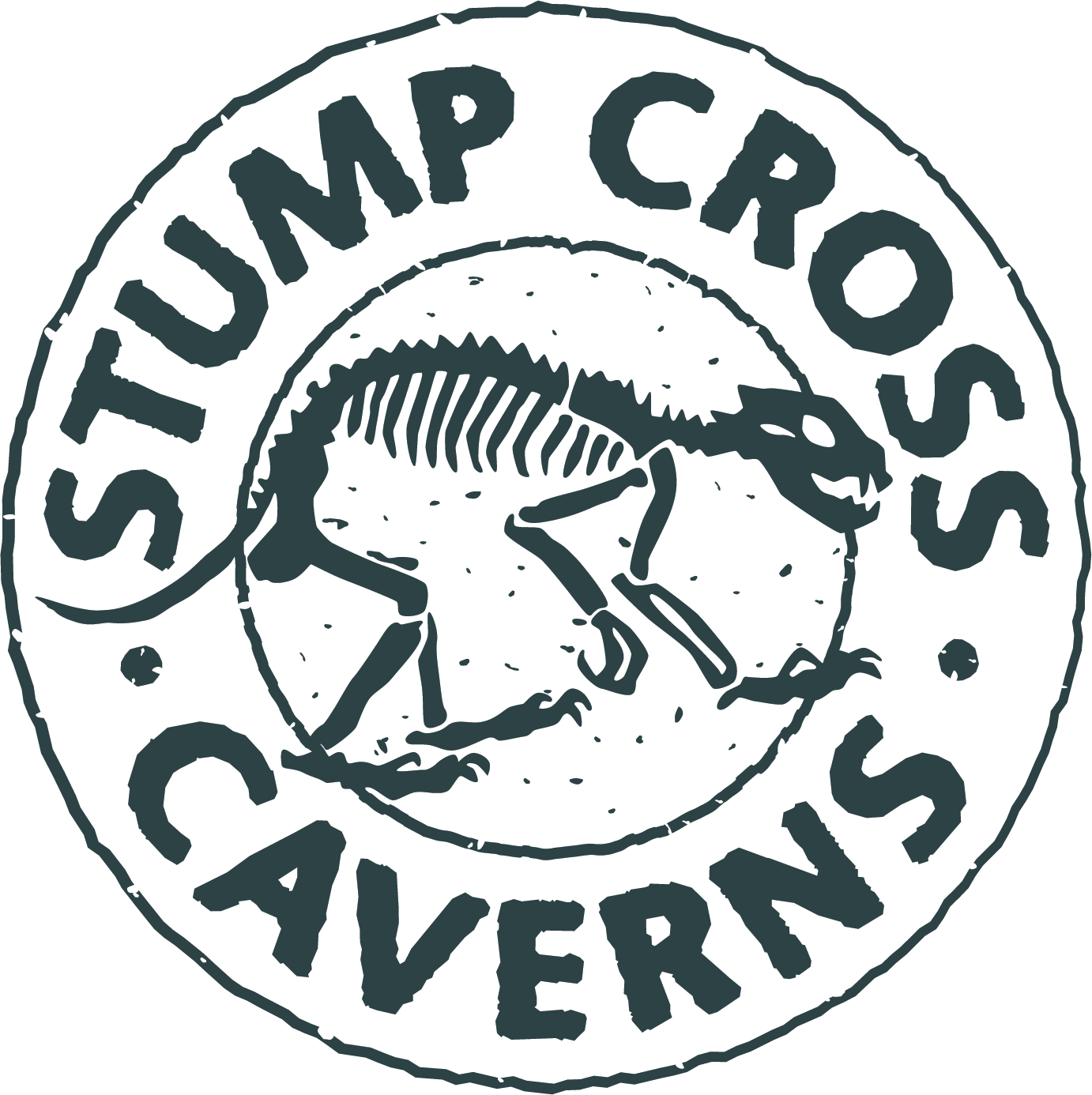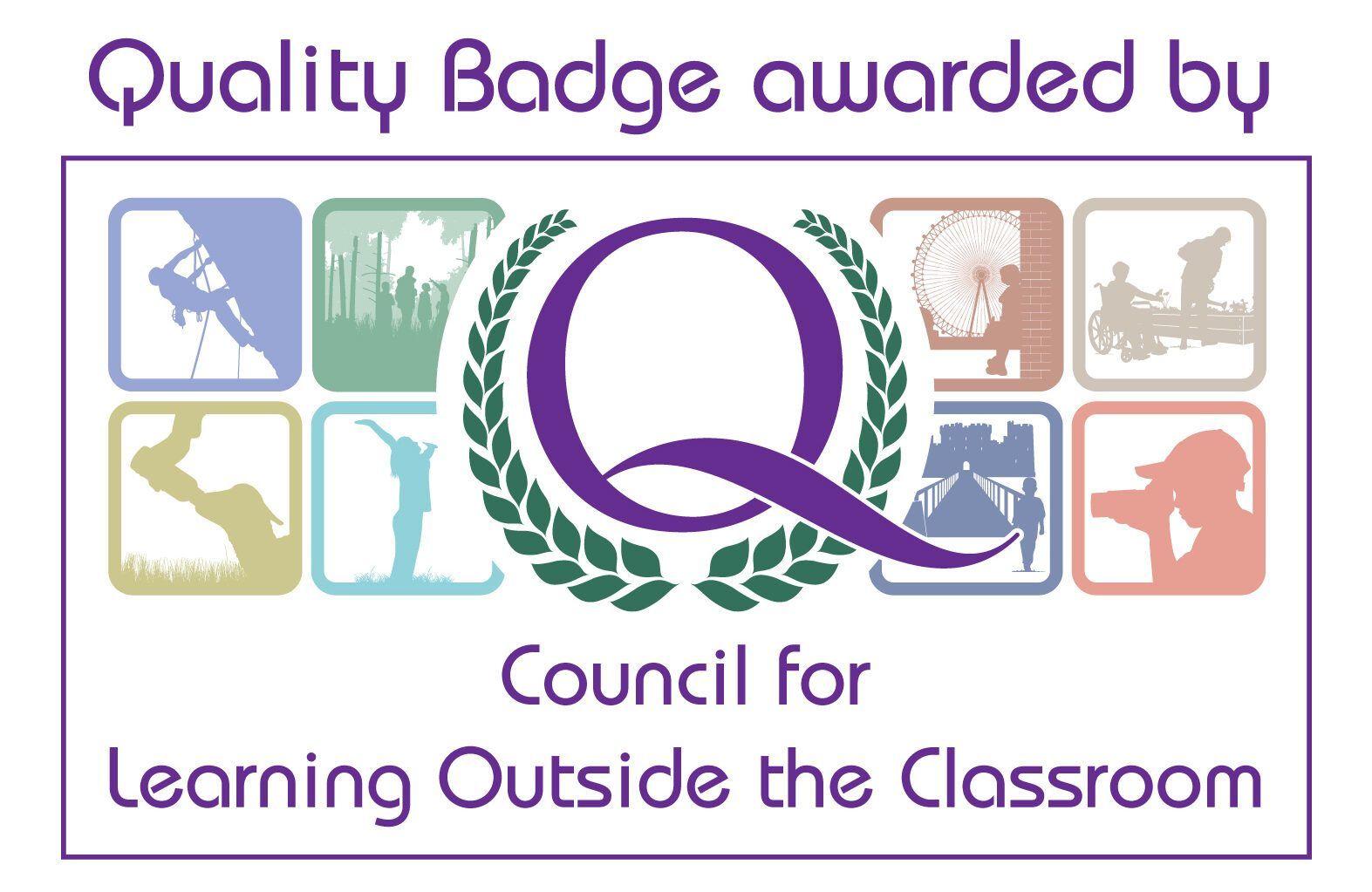Join us as we explore 7 fantastic science activities for preschoolers that are fun, hands-on and informative.
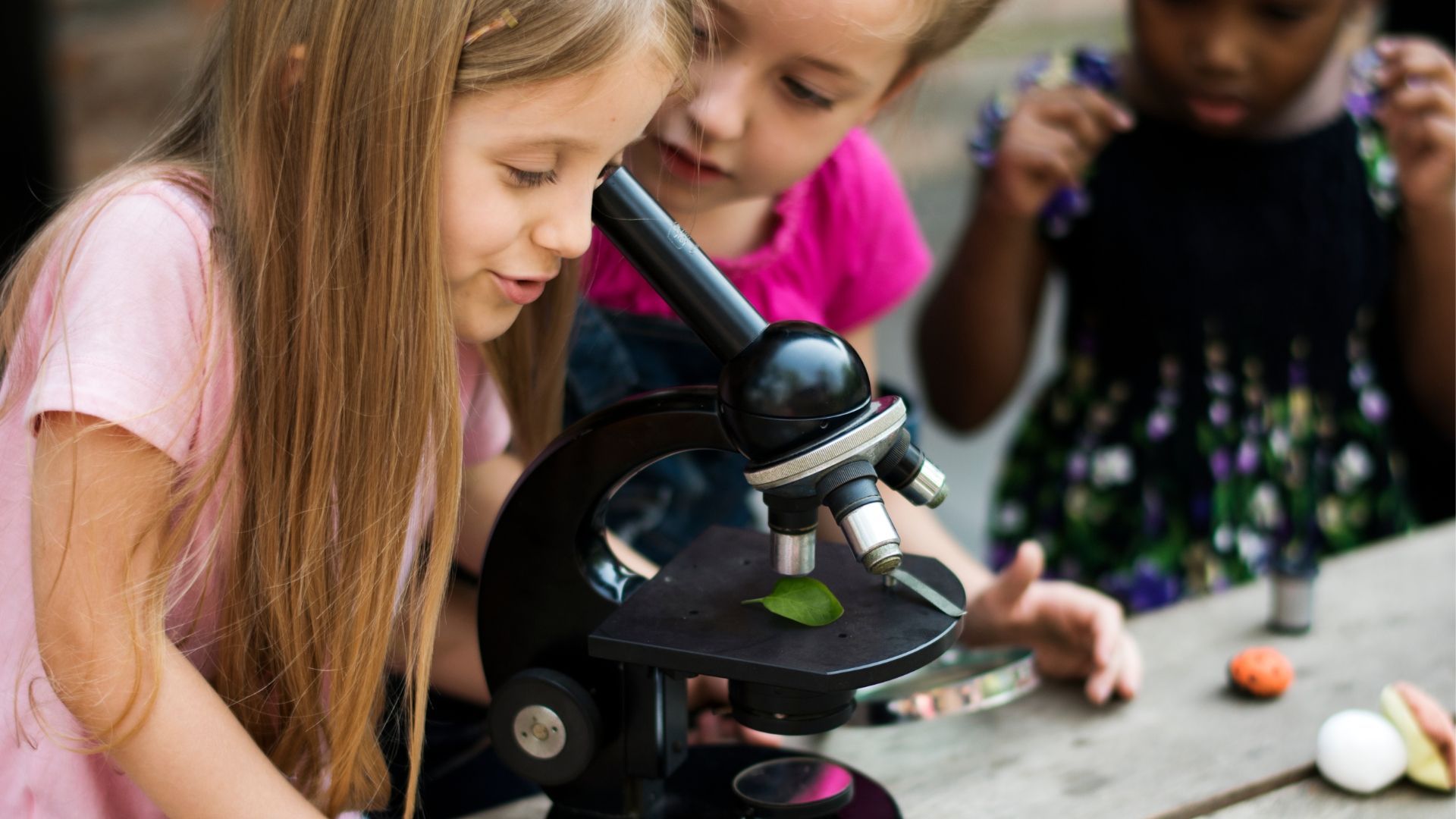
Ask any science teacher or scientist: it's never too early to start learning about science.
The curriculum proper begins when kids start school. But before then, there are ample opportunities to learn about chemical reactions, the natural world and the science behind colour and sound.
Here at Stump Cross, we love to educate. It's why we've put free educational materials online and why we bring science and history workshops to schools across Yorkshire.
It's also why we've put together this run-down of seven fantastic science activities that preschoolers will love – and adults might too! We hope it helps you instil a love of science in your little ones.
1. Magic milk
Not every adult can explain the concept of surface tension. But chances are they've seen it happen – and some of them will have first seen it in the classic "magic milk" experiment.
Like all the best science activities for preschoolers, it puts the senses first. This is a colour explosion no preschooler can resist.
To run the experiment, you first need to add a thin layer of milk to a plate (or a wide, shallow dish). You then add drops of food colouring – the more colours, the better.
The drops can go anywhere. If a child is especially curious, you could invite them to explore the differences between drops on different parts of the plate.
Once you've added colourful drops to the milk, you squirt some washing-up liquid in the middle (just a drop will do).
The ensuing reaction is a technicolour treat. The colours in the milk immediately rush to the edges of the plate. There, they swirl continuously.
2. Baking soda volcano
This is a classic science experiment that lets kids create an erupting volcano. It can be a great way to make them aware of how chemicals react and introduce activities like cutting and measuring.
To create a baking soda volcano, you first need a volcano. There are various ways to do this. We especially like the method on the Natural History Museum website.
Once you've built your volcano, you fill it with a mixture of vinegar, food colouring and washing-up liquid. Kids love to see their homemade volcano erupt with fizzy coloured lava. Whoosh!
3. Sink or float
Why do some objects sink and others float? It's all because of water density – a concept you can introduce to preschoolers through the "sink or float" experiment.
This simple activity involves filling a container (such as a washing-up bowl) with water. You then collect various items from the house and outside. These could include leaves, twigs, pebbles, pieces of fruit, spoons, coins, foil, sponges and even small toys.
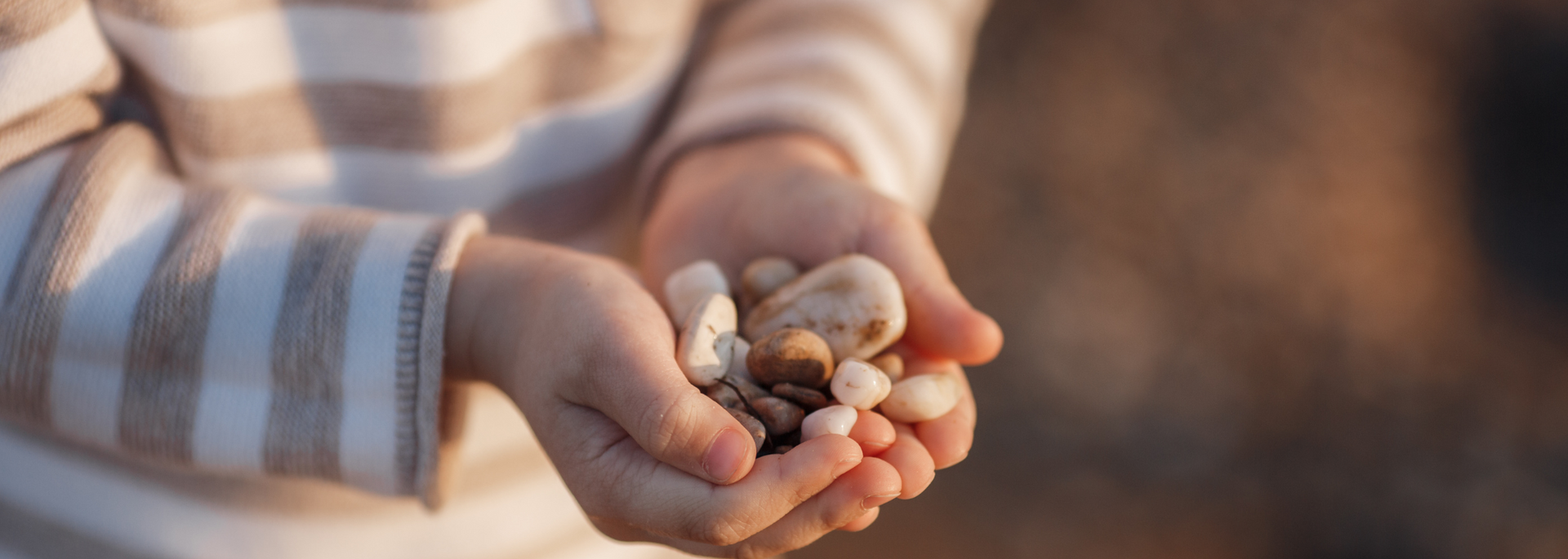
Kids predict whether each object will sink or float before finding out for themselves. Exciting!
4. Nature walks
Science is all around us. Taking kids for a nature walk can be a great way to open their eyes and minds to the sights, sounds and smells of our world.
You could organise a simple scavenger hunt. You can ask kids to draw natural phenomena. Or you could have a less structured walk in nature, drawing attention to things like leaves, water and animals.
Like all good preschool activities, this won't only improve a child's understanding of science. It will also build their vocabulary and give them a dose of fresh air.
5. Water xylophone
This fun, hands-on activity can get kids thinking about how sound travels – and perhaps instil a love of music, too.
First, you need to gather some empty jars. Ask the kids to tap them and describe the sounds they make. What do they think will happen when you add water to the jars?
Next, fill the jars with different amounts of water. You could do this by instinct or use a measuring jug for a more controlled experiment. You can now add different shades of food colouring for each note.
Kids can now play their water xylophone. The lesson behind the fun is that the jars with more water create a lower pitch than jars with less water.
6. Cloud in a jar
How do clouds form? You might think the concept is too hard for a preschooler to grasp. But the "cloud in a jar" experiment can get them thinking with a fun and pleasingly messy activity.
First off, you need to mix a few drops of food colouring with some water. Next, fill a glass jar with water until it's nearly at the top.
Now it's time to make a cloud on top of the water with shaving cream. Take a pipette and suck up some of the coloured water. Then blow it onto the shaving cream cloud.
Watch with delight as drops of coloured rain travel through the cloud into the water underneath. It's a colourful and tactile demonstration of how clouds work.
7. Gem panning
Fossils and gems can teach us a huge amount about the history of planet Earth. But they're also great fun for kids of all ages.
That's why we host gem panning sessions here at Stump Cross Caverns in Yorkshire. Kids get to be a miner for the day, panning for real gemstones that they take home as souvenirs.
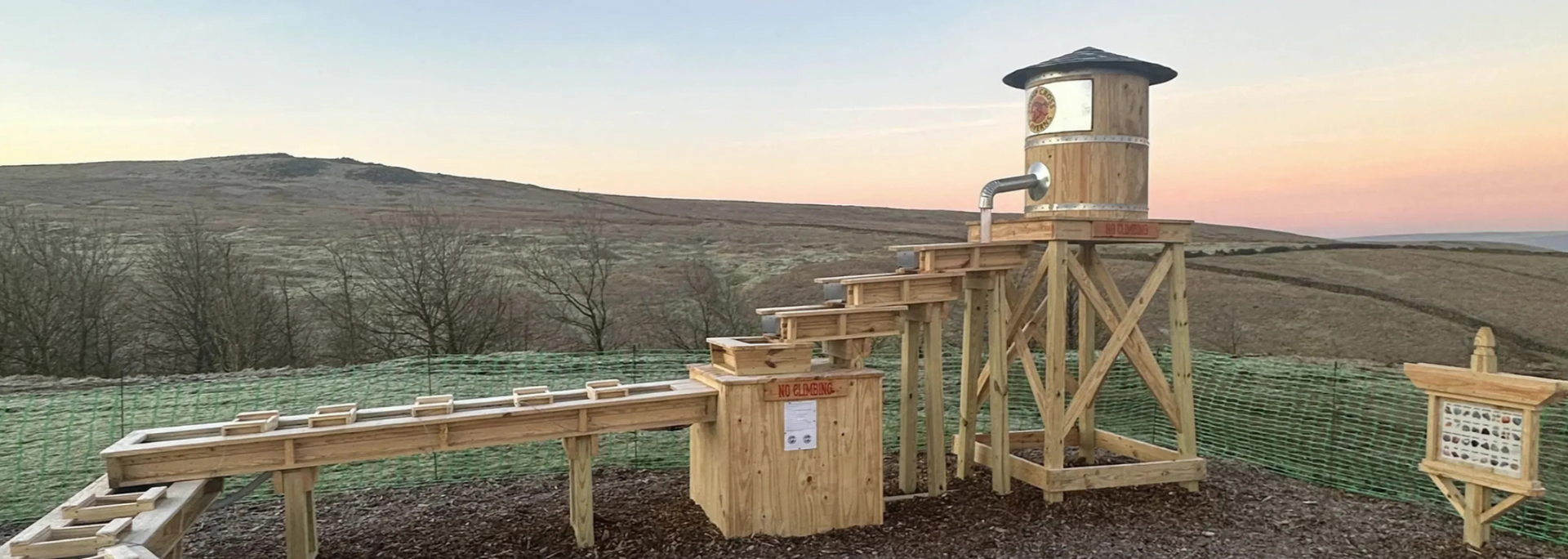
It works like this. Each child is given a bag of mining rough. This is a bag of sand concealing real sparkling gems.
You pour your mining rough into a tray and take it to the gem sluice. This is a series of water-filled wooden troughs. Watch your children's eyes sparkle as the gems appear!
Like all our workshops here at Stump Cross, it's fun, hands-on and informative. So, if you're looking for a science activity for preschoolers that will stick in their minds, book your gem sluice session today.

